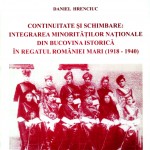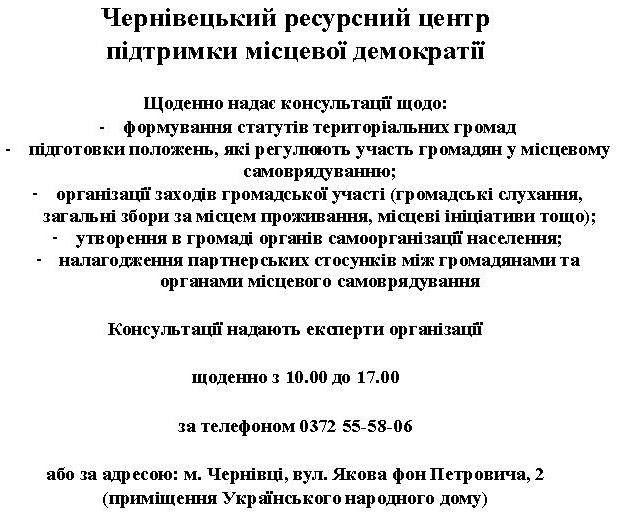|
|
Daniel Grenchuk. Integration of national minorities in Bukovina to the Kingdom of Great Romania (1918-1928). SOME CONSIDERATIONS

Abstract: In the historic Bukovina the percentage of the minorities was superior tot hat of Romanian (52%-55%), so that the Romanian authorities found it difficult to ha
ndle things. These problems were only noticed after the enthusiasm of the union to Romania and the appearance of a large set of economic, social, political land spiritual circumstances. The Union had been done but the process of unification was only beginning. The integrational centralizing perspective of the National-Liberal governments that took part either directly or indirectly to leading Great Romanian between 1918-1928 – allowed the manifestation of the identity, hidden in the new cultural assault on the state structures and making the ethnic communities react.
The alternative solutions proposed by some political leaders collude be solved due to an interne land external favorable context so that the formula of the unconditional union prevailed over the conditioned union (which was evoked by Iuliu Maniu and had its partisans in Bukovina, too) foot the benefit of the entire Romanian nation. The former Kingdom didn’t have any experience in managing the motive’s problems and The National Liberal Party immediately voted for a centralization formula and the liquidation of the autonomy and regional leadership, which had negative effects on the ethnical communities. The Romanian Kingdom has adhered to the Minorities Treaty (December 9 the 1919). After the treaty, they should have insured a natural rapid integration of the ethnics into the Romanian state, which was involved in a real identity problem after 1918. The conservative view adopted by the liberals over the economic and social issues, reflected in the maintaining of the traditional Romanian structures, stopped the necessary fusion with the values of the economical civilization from the Occident. No doubt about it, the degree of the integration of the minorities depended essentially on the existence and persistence of the difference between the economy and also the mentality of the towns versus the villages, between urban and rural economy in the low social mobility, in the fluidity and perenity of the internal and external circumstances in which evolved Great Romania and also in the instability of the central-european space. The passage from a political system like the Austria none, built on administrative order, as a result of a German culture, to a French system applied to a mentality at the crossroads of the East and West represented a challenge and had some reactions even from the Romanian people in Bukovina, who were used to the order and discipline of the former empire. The complains of the ethnic were about the contend and the speed of centralization and of “Romanization” of the historic Bukovina, and about the newcomers, especiallity the Romanian from the former Kingdom who occupied leading positions meant to install Romanian identities. The 1923 Constitution proclaimed the Romanian Kingdom as a national united and indivisible state, the idea of the national unity having become a political and idealistic law of the national Romanian identity. Unfortunately no law about the might’s of the minorities was explicitly included in the text of the Constitution. At the some time, centralist administrative system was passed on with no special prerogatives foot the areas inhabited mostly by ethnic minorities. The National Liberal Party’s, policy followed the insurance of the state power over both Romanians and minorities. The law of the new regime was built on a ethno central idealistic formula which excluded- in real terms as well as in symbolistic terms – the citizens of a different ethnic status. „Codrul Cosminului”, nr. 12, 2006, p. 159-177
Scridb filter
|
Сайт функціонує за фінансового сприяння Програми підтримки національно-культурних товариств, етнічних громад Чернівецької області та української діаспори.
|




I have to comment here. Which is not something I typically do! I enjoy reading a post that will make people think. Also, thanks for enabling me to comment!